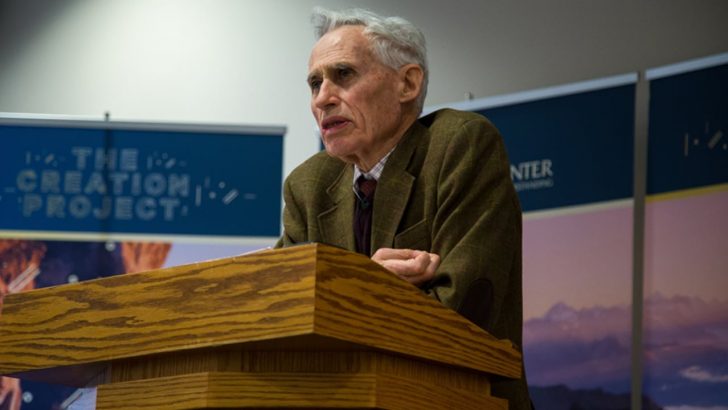Are we Bodies or Souls?
by Richard Swinburne (Oxford University Press, £14.99)
Christopher Moriarty
The author, Emeritus Professor of the Philosophy of the Christian Religion at the University of Oxford, has an impressive number of previous titles. Like this one, some end with question marks and include Is There a God? and Was Jesus God?
Weighty titles indeed and the present book is no exception to Swinburne’s philosophical and religious quest. To improve the exactness of his writing, he introduces a wealth of new words. ‘Iff’ meaning ‘if and only if’ is an example. The book will undoubtedly appeal to the author’s circle of philosophical peers.
Species
The first paragraph in the introduction reads: “This book is about the nature of human beings, persons of the biological species to which we belong. I have aimed to make my treatment of this topic accessible to readers of any background, but also one containing new philosophical material, whose central arguments academic philosophers and scientists will – I hope – find challenging.”
In this latter he certainly succeeds and provides an impressive panoply of ancient philosophy and modern science.
This, however, he combines with a very traditional view of what the soul may be. To a great extent he equates it with the brain, which is the source of all mental processes. This leads him to a speculation on the effect of a potential brain transplant.
As the brain and its contained memories are part of what constitutes a person, what happens the soul if the person is given a replacement brain ?
The author confines his arguments to the scientific method and to logic. One has to ask why.
Many ‘physicalists’, as he calls them, believe that the human being comprises a purely mechanical body, controlled by chemistry and the electrical impulses that emanate from the brain and from which all thought derives.
Others believe in the existence of the soul which is something of an additional entity that controls thought and therefore body. This is the ‘substance dualism’ that the author favours and which he enlarges on with, amongst other inputs, interesting discussions on the philosophies of Plato, Aquinas, Descartes and others.
I do not believe that science knows anything about what causes the existence of a soul”
He states twice, the second time in the very last paragraph of the book that “science can tell us that, when a human foetus has reached a certain stage of development, it will cause the existence of a soul, but it cannot tell us which soul that will be”.
As a scientist, I can readily agree with the second part of this statement – but I do not believe that science knows anything about what causes the existence of a soul. Nor do I believe that logic can make very much, if anything, of the same concept.
In this perhaps lies the greatest problem with the book. Various religions have various views on the nature of the soul.
All of these are beliefs rather than knowledge and therefore they cannot be fully served by restricting the argument to science and logic.
To write a book on this evanescent entity while saying little about the experience of mystics, psychics and the minority of plain believers who have experienced powerful and meaningful visions, is almost an affront both to science and to logic.
The human soul, a marvellous concept, will not take readily to such a restrictive approach.


 Author Richard Swinburne
Author Richard Swinburne 